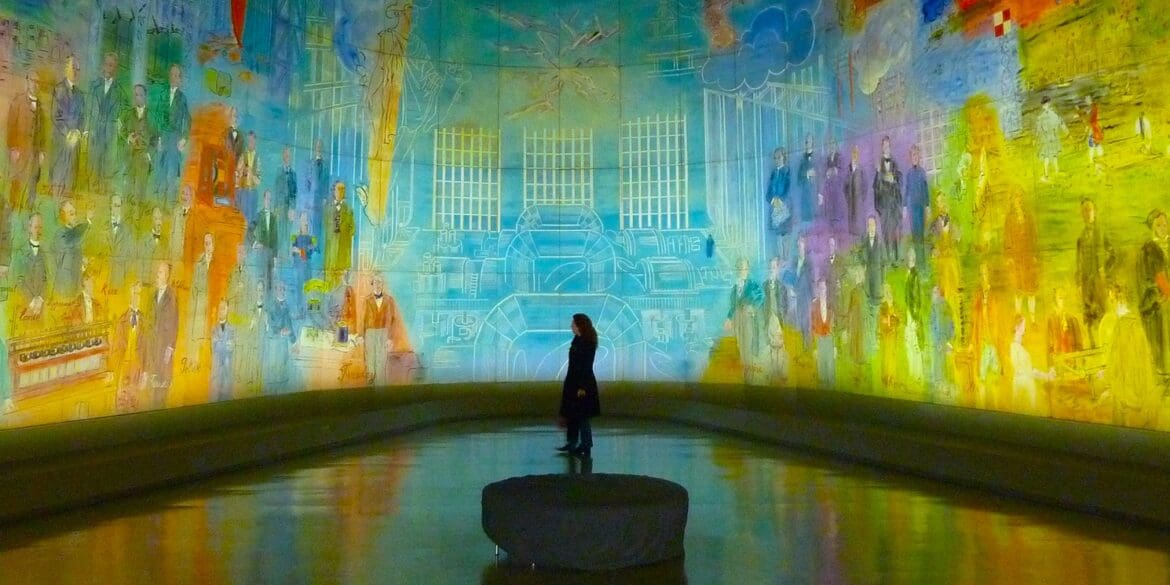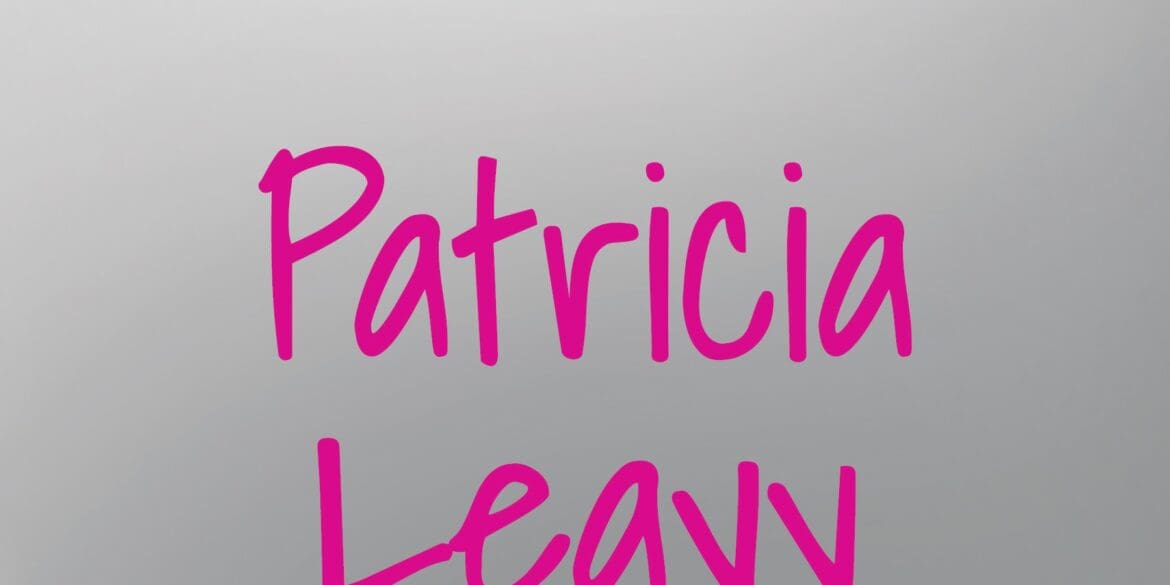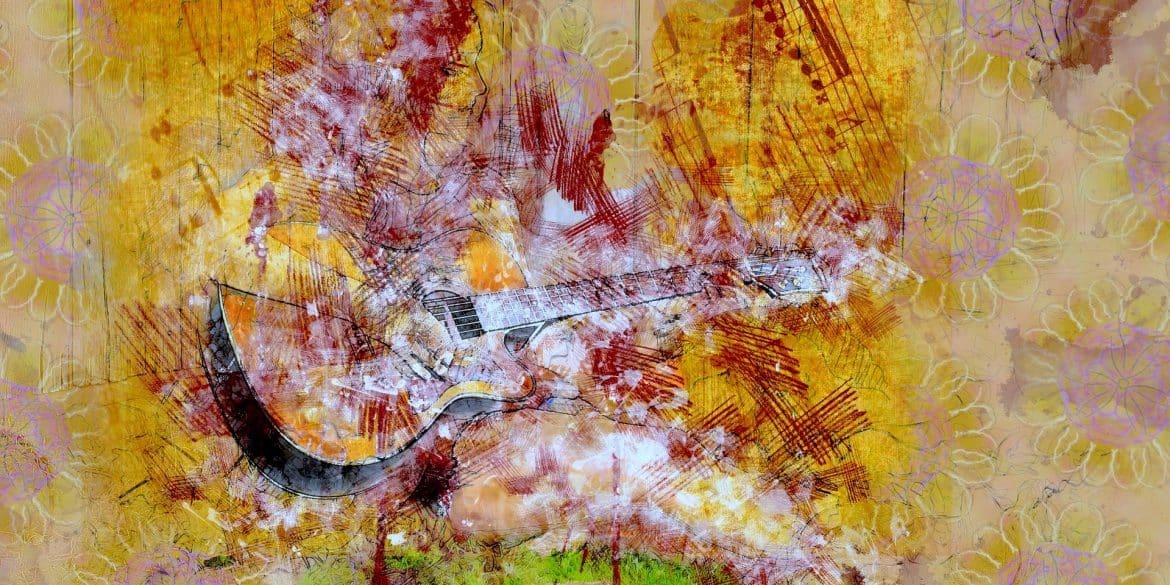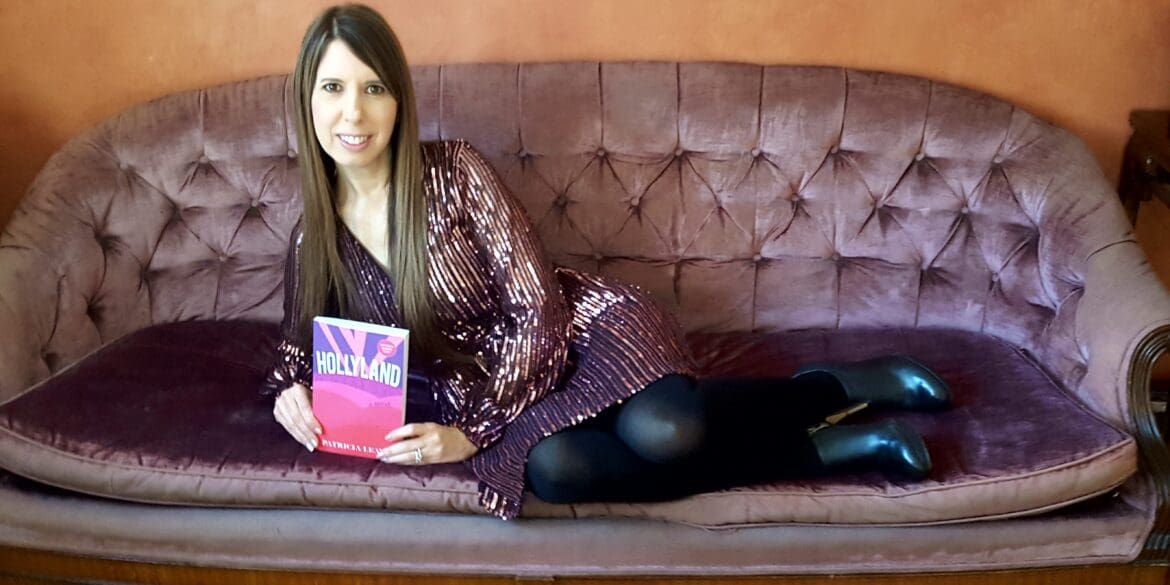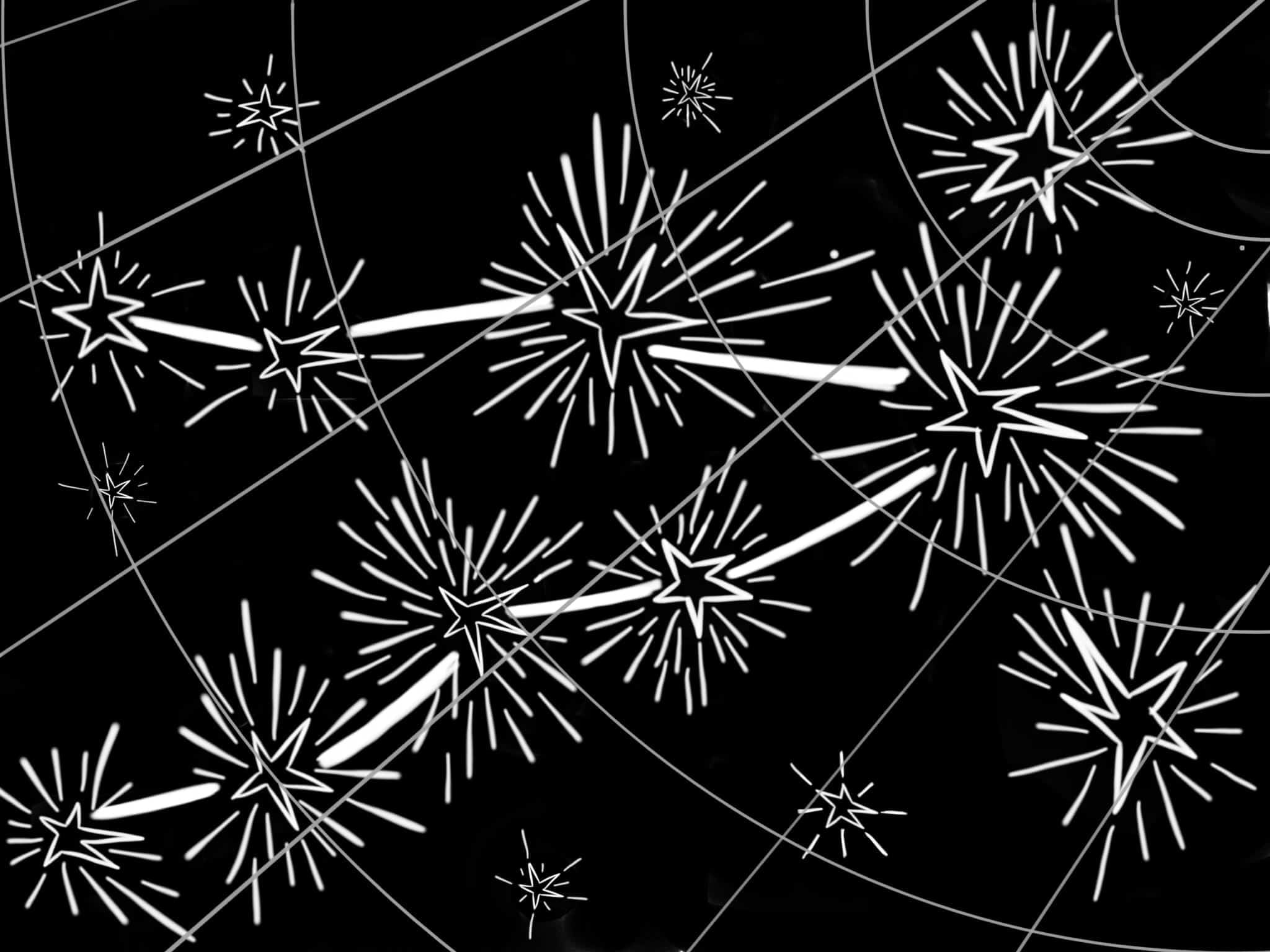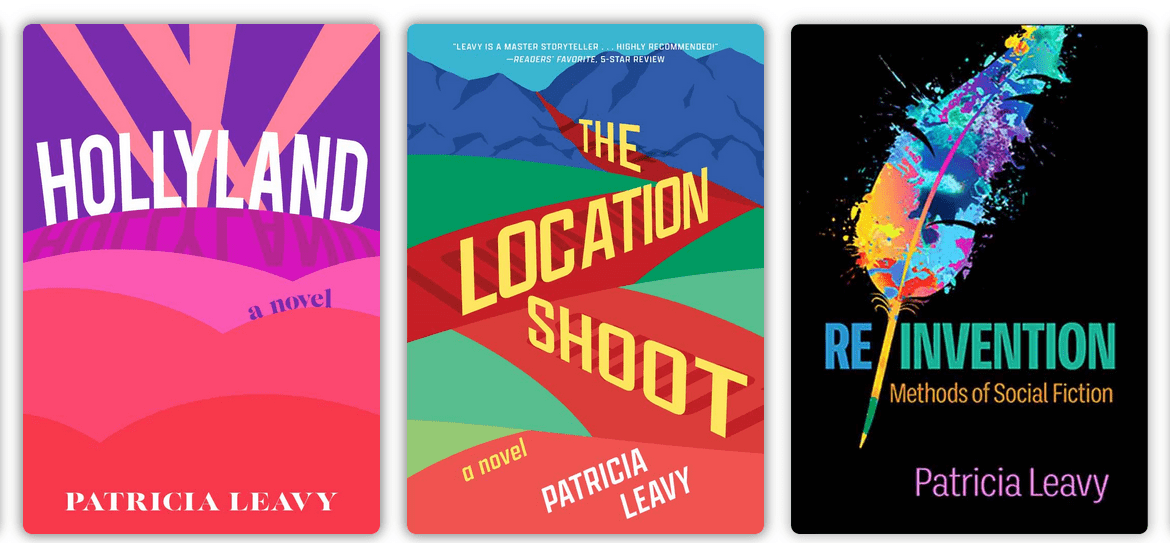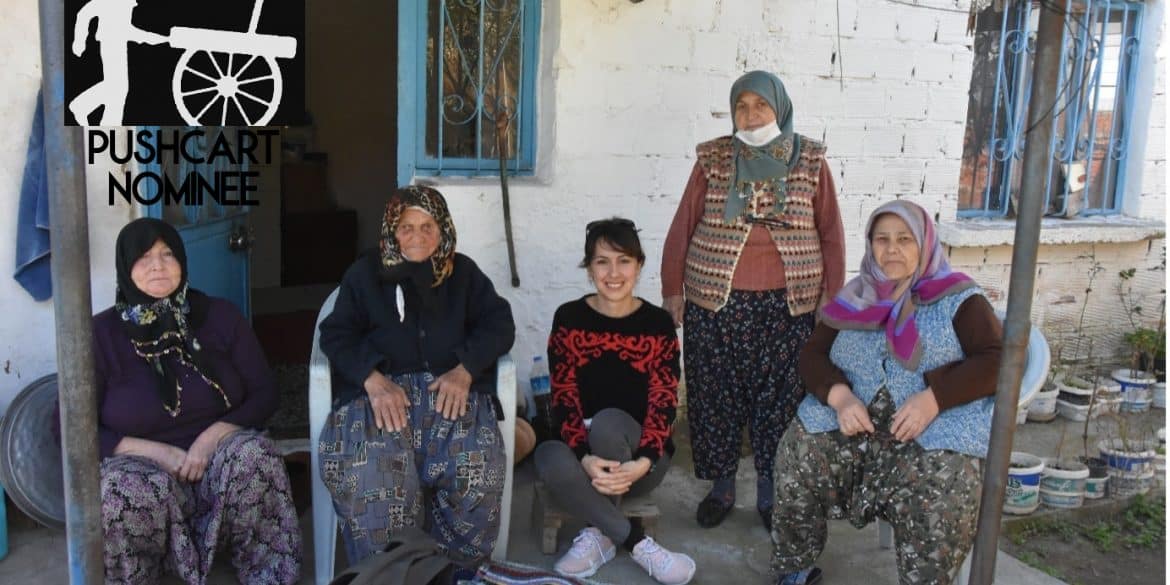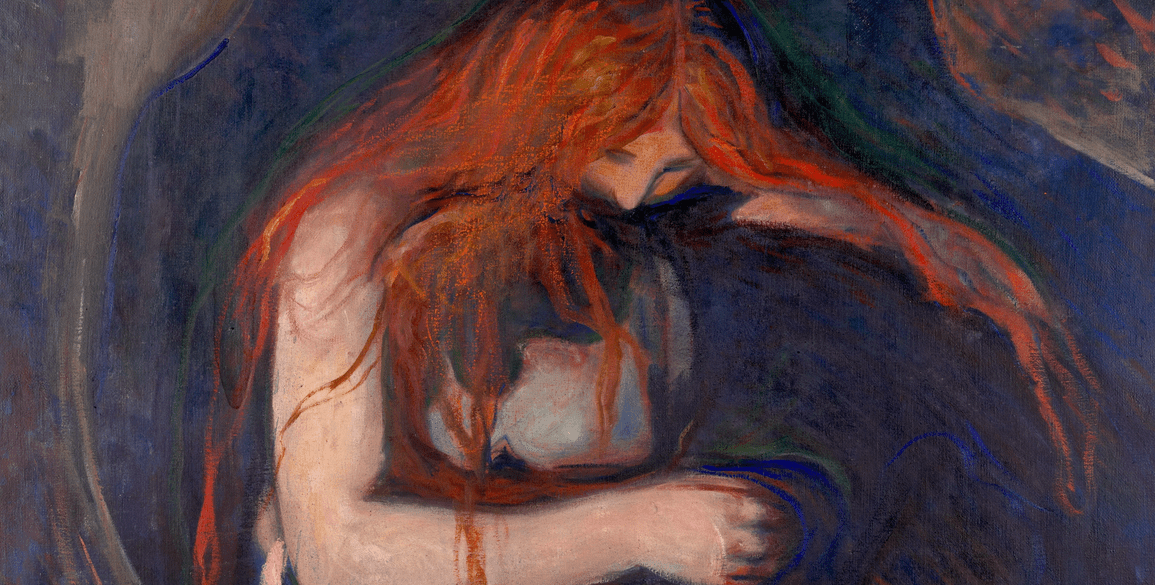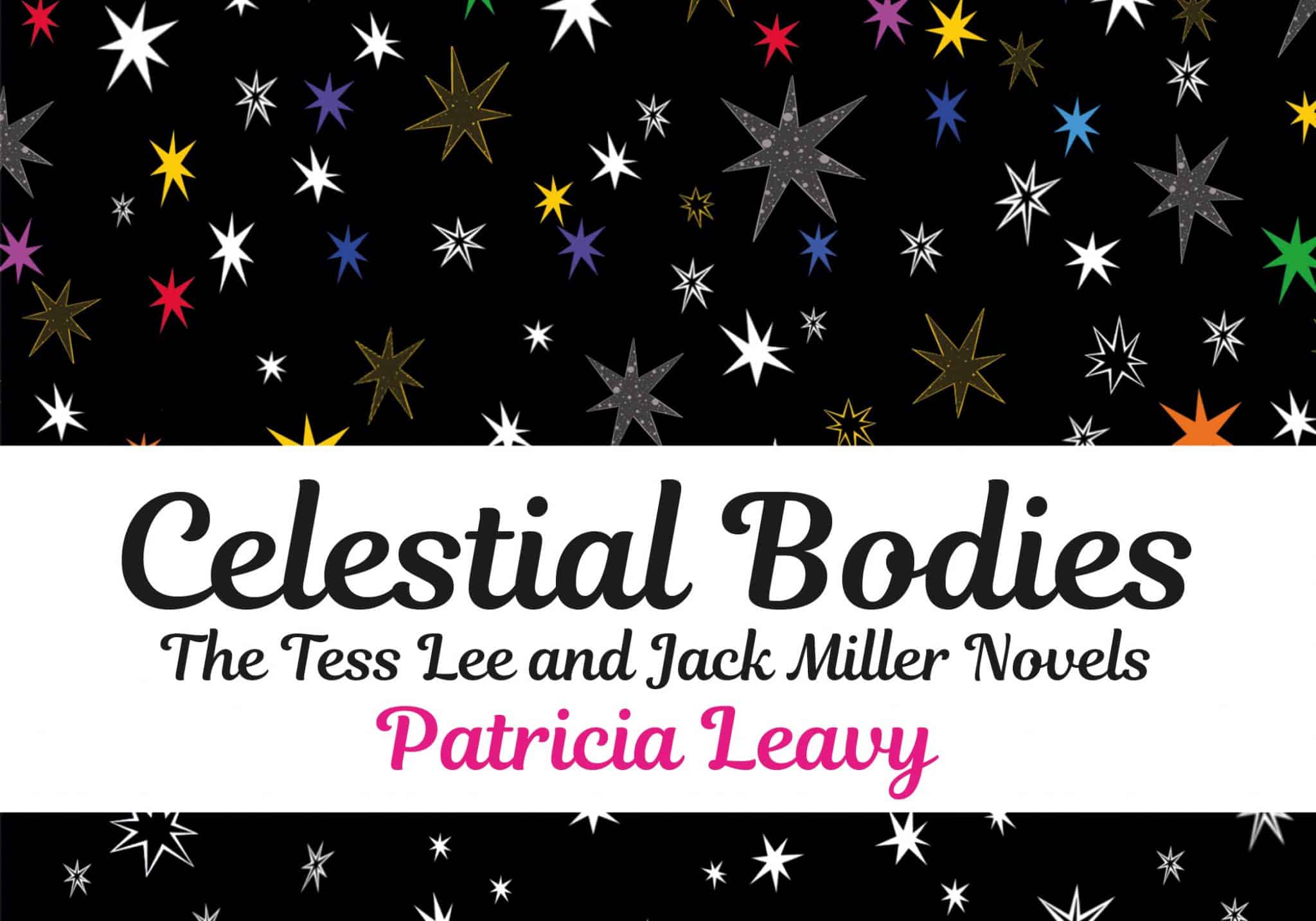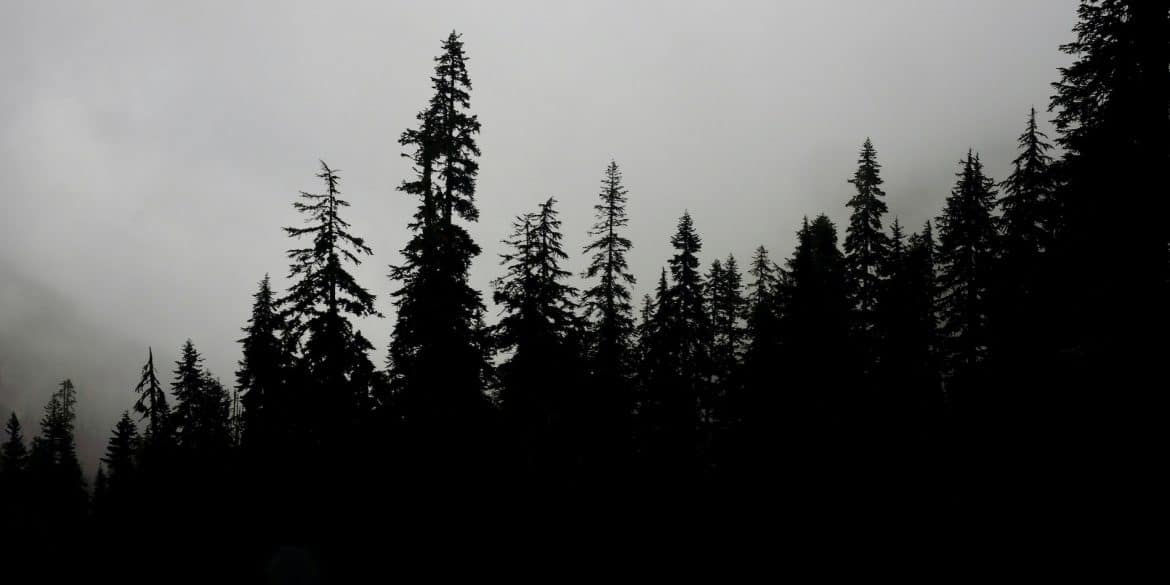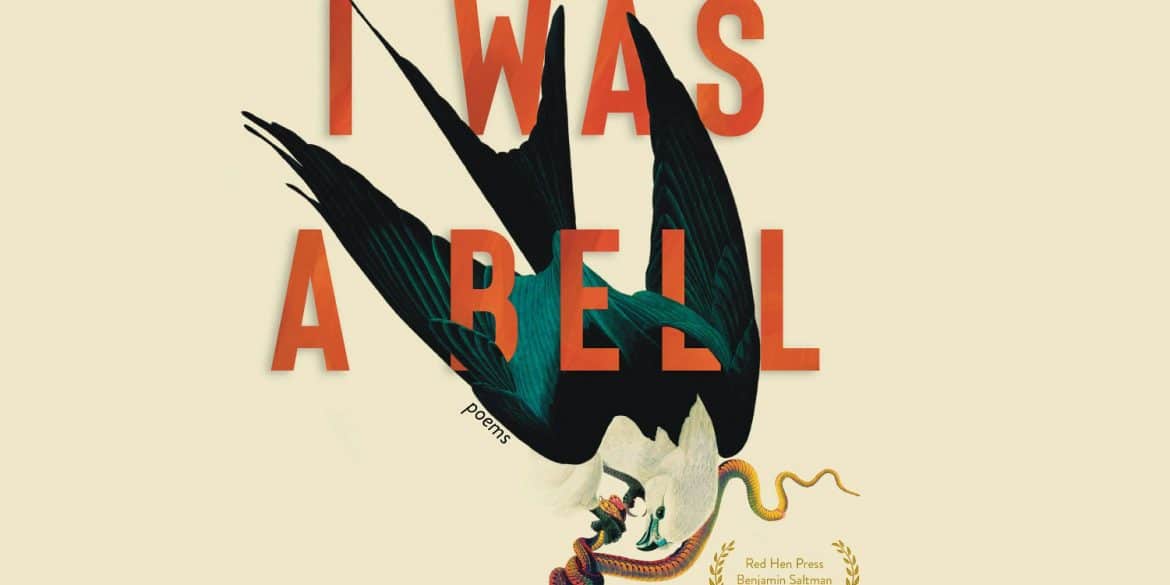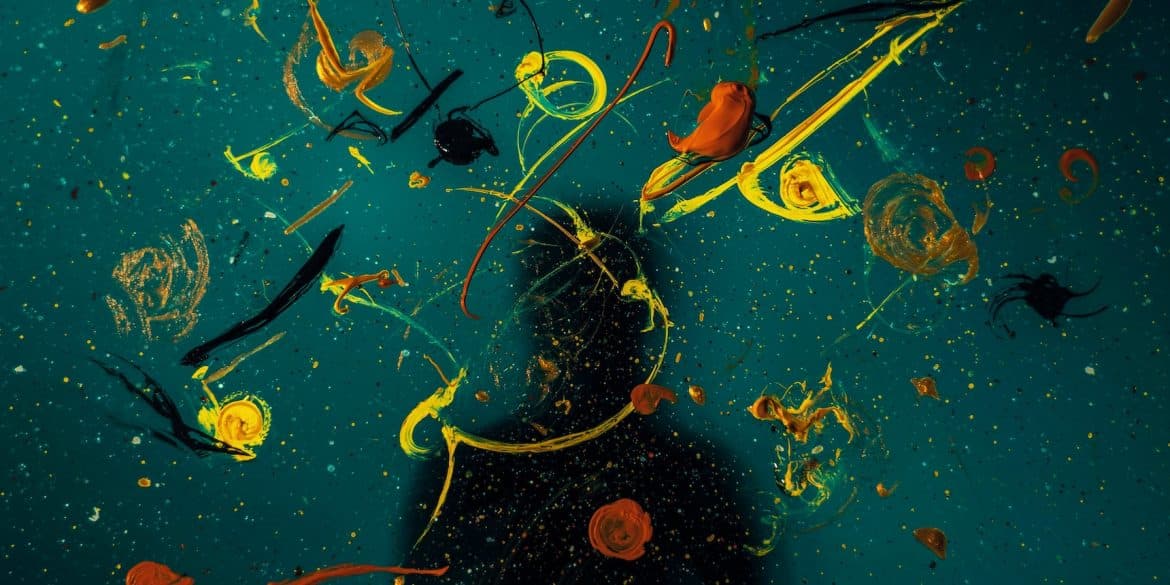I introduce artistic autoethnography and how the term a/r/tifact opens up the imagination to the possibilities of autoethnographic artmaking.
U. Melissa Anyiwo·
All ContentAutoethnographic EssaysCelebrating Dr. Patricia Leavy's Social Fiction 2024MoreReflections on MethodSpecial Issues
··31 min readThis piece is intended to give you a sense of the ways in which I use Low-Fat Love in the classroom and why just using it makes the world a better place.
"It is my hope that these words will serve as the beginning of an ongoing dialogue about what it means to live autoethnography."
Laurel Richardson and U. Melissa Anyiwo·
All ContentAutoethnographic EssaysCelebrating Dr. Patricia Leavy's Social Fiction 2024MoreReflections on MethodSpecial Issues
··14 min readLaurel Richardson and U. Melissa Anyiwo writes the introduction to this special issue celebrating Dr. Patricia Leavy’s work.
"Although I never planned it, I wrote a series of novels, Celestial Bodies, that have pierced my heart in a way nothing else ever has, changing me as a writer and as a person."
Patricia Leavy·
All ContentAutoethnographic EssaysCelebrating Dr. Patricia Leavy's Social Fiction 2024MoreReflections on MethodSpecial Issues
··11 min readWriting fiction allows me to document reality and to reimagine it, just as we can always reimagine ourselves. And that is why we need stories.
Dilek Isler Hayirli·
All ContentAutoethnographic Art & MultimediaEducationFrom the EditorsMoreReflections on MethodVolume 2, Issue 3 (2022)
··13 min read"I had not been aware that this emotional research was also performing autoethnography, collecting memories from the field"
Through our collaborative autoethnography, we learned that intentionally spending time with grief is well worth the effort.
"In my interview with award-winning author Patricia Leavy on literary research, we also discuss her evolution from academic to novelist, her genre of "social fiction," and her latest novels series, Celestial Bodies."
"It is in finding these solutions, the tape and the glue that holds us all together, that we find the beauty of who we are as people."
"I’ve already resisted that scholarship is not creative and poetry is not part of my scholarly self. I think the idea of autoethnography allows for that cultural divide between the creative and academic to be really disrupted."
"Once I have the first line or two, the rest of the poem seems to flow rather easily. I write whatever comes to mind. Somewhat like a story rather than a poem. I then start to take out the excess words and phrases and pare it down to the essence of what I wish to say. Other times I do not change a word. The muses come and go on their own. I also believe poetry has chosen me."


